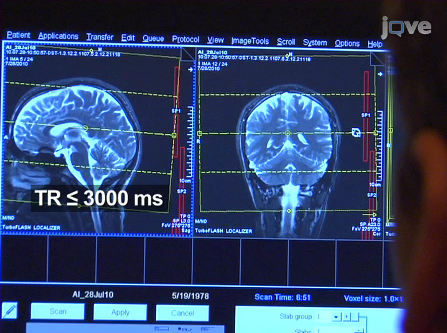Remember O.J. Simpson’s novel, “If I Did It?” Last week I caught news of a book also published as, seemingly, a strange, detoured admission of guilt. Marc Hauser wrote it. Remember him, the former high-status Harvard professor found responsible for eight instances of scientific misconduct?

Hauser’s book is about the nature of human evil, but even so, seeing his name in the news again made me wonder what causes a successful scientist to fabricate data in the first place. In essence, what makes a good scientist go bad?
It’s a big question, and so I reached out for a professional opinion. Dr. Ben Nephew, a scientist on JoVE’s editorial board from Tufts University Cummings School of Veterinary Medicine, made an interesting point.
Some of the most extreme cases of data fabrication, Nephew suggests, unfortunately tend to come from big name institutions. “There's more pressure in tier-one research universities. It's not always good enough to just get papers out. You have to get them in high-impact journals,” he says.
Mix that kind of stress with a scientist’s desire for success, and it might cause him or her to disregard their training in scientific ethics. Hauser never pleaded innocent, nor did he ever claim to be guilty (instead he said that, being his lab’s PI, he assumed full responsibility for all the inaccurate research that came out of his lab). But the title of his new book—like that of O.J. Simpson’s—might help you to draw a conclusion of your own.
The title of the book, if you haven’t already heard, is “Evilicious: Desire + Denial = Cruelty.”
Nephew added that there is a broad spectrum when it comes to bad science—from simply not providing enough information to make an experiment reproducible, to purely fabricating or withholding data for personal or financial gain. And the fact is that, like any other field, there is always going to be a small number of people trying to cheat the system. As one of my colleagues put it, “This is the exception, not the rule, and that’s why it makes such a splash.”

